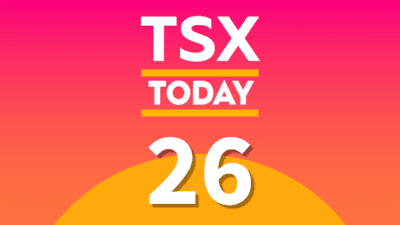Bond yields have been moving higher throughout 2013. This move continued after yesterday’s Fed comments indicated their foot is set to ease off the monetary stimulus accelerator.
These rising yields are not a welcomed sight for Canadian investors that own REITs (follow this link for more on the impact that rising yields may have).
Interest rates impact REITs in two ways:
One – From a capital markets perspective, REITs typically trade at a higher yield than bonds. With bond yields bumping along at historic lows, this spread has been an appealing feature to those who desire income from their portfolio.
The problem is, this spread will always exist given the relative risk between the two assets. Therefore, when bond yields move higher, so too do REIT yields. And remember, when yields go up it means (usually) that prices are going down.
The formula is:
Rising bond yields = Rising REIT yields = Sinking prices.
The table below demonstrates this relationship in action.
| 10 Yr U.S. Treasury Bond – YTD |
1.78% → 2.38% |
| Company Name |
YTD Performance |
| Dundee REIT (TSX:D.UN) |
-11.4% |
| Calloway REIT (TSX:CWT.UN) |
-11.0% |
| H+R REIT (TSX:HR.UN) |
-8.8% |
| Boardwalk REIT (TSX:BEI.UN) |
-8.4% |
| RioCan REIT (TSX:REI.UN) |
-6.6% |
Source: Capital IQ
Two – From an actual business perspective, REITs are also impacted by bond yields.
Even though REITs may appear to be entities that own and manage real estate properties, in reality, their underlying business model is not that different than a bank. REITs borrow money at one rate (ie. deposits) and invest it (ie. lend it out) at another, higher rate.
Rising rates mean it’s going to cost REITs more money to borrow. Not all at once, but as they re-finance their debt, interest costs will rise. And because they’re tied into leases of varying durations, this cost increase won’t necessarily get passed on to their tenants in a timely fashion. Therefore, at least temporarily, with costs rising and revenues remaining potentially fixed, cash flows are set to decline.
This of course is a broad generalization as no two REITs are alike when it comes to the duration of their leases or the structure of their financing agreements. However, as a general rule, rising rates will ding the bottom line.
The Foolish Bottom Line
Even though all REITs are likely to be smeared in a rising-rate environment, those that have their long-term financing locked in, and a relatively flexible portfolio of leases stand to be the outperformers.
There are high-yielding securities out there that aren’t as interest rate sensitive as REITs. To uncover a wide variety of such names, click here now and download our special FREE report “13 High-Yielding Stocks to Buy Today”.
The Motley Fool’s purpose is to help the world invest, better. Click here now for your free subscription to Take Stock, The Motley Fool Canada’s free investing newsletter. Packed with stock ideas and investing advice, it is essential reading for anyone looking to build and grow their wealth in the years ahead.
Follow us on Twitter and Facebook for the latest in Foolish investing.
Fool contributor Iain Butler does not own any of the companies mentioned in this report. The Motley Fool has no position in any stocks mentioned at this time







